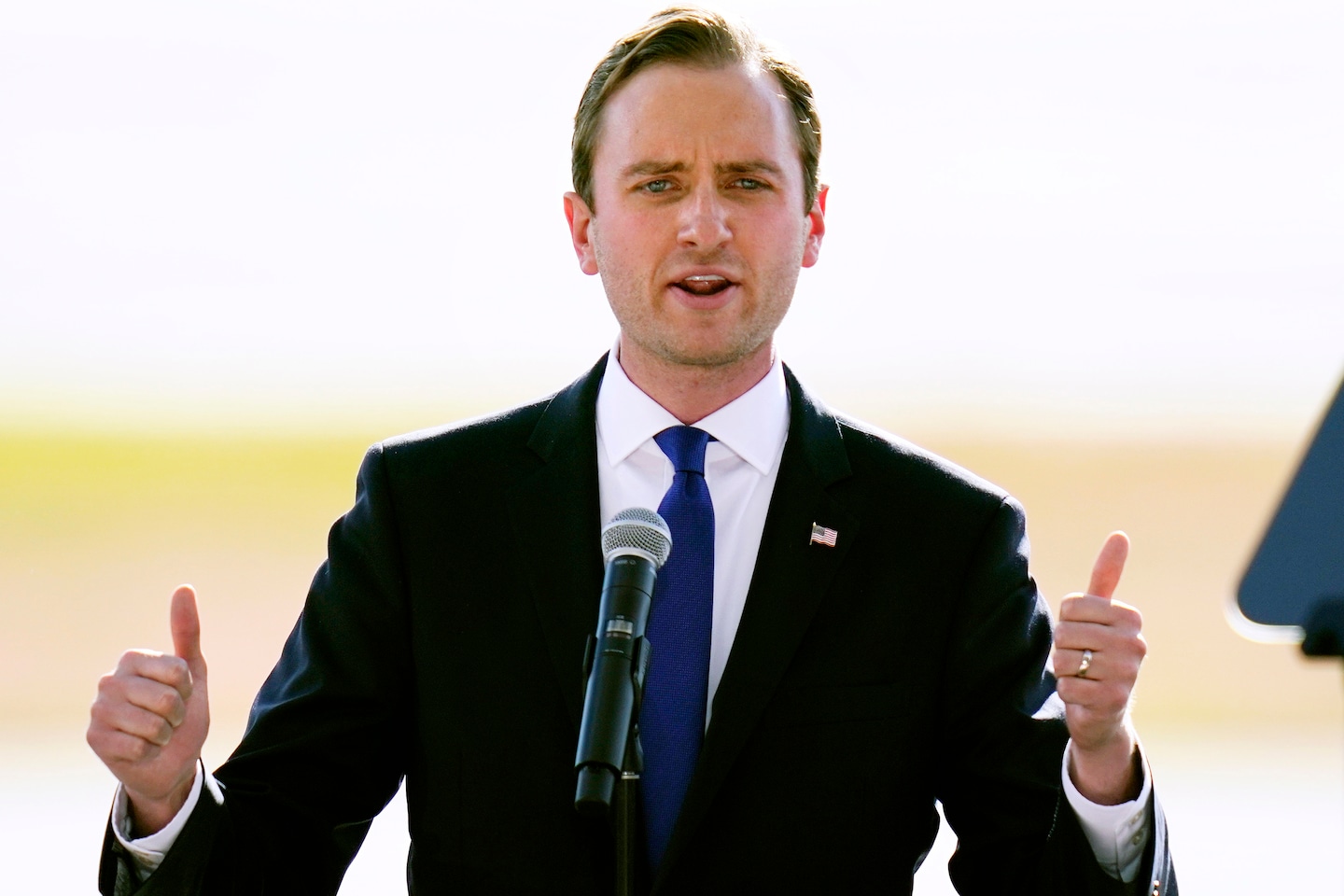For the second time in less than a month, a prominent member of the Trump administration has been revealed to have voted in a way that might be illegal.
A legal gray area: Another ex-Trump official’s vote is under scrutiny

It’s hardly the first evidence that the party that rails against voter fraud and rants about “stolen elections” hasn’t exactly kept a clean house itself. Indeed, it seems most of the recent high-profile instances of voter fraud and alleged fraud have featured Republicans. There’s the 2018 North Carolina congressional fiasco. There’s the much-hyped case of the Nevada supporter of President Donald Trump who did interviews claiming that someone voted in his dead wife’s name, only to later plead guilty to having done it himself. Something similar happened in Pennsylvania. There’s the local GOP official in Ohio who forged the signature of his recently deceased father on an absentee ballot. And a Trump supporter from Iowa convicted of voting twice said she did so because she worried, as Trump warned, the 2016 election would be rigged.
The latest episode, though, raises plenty of questions — including about whether what’s described actually is voter fraud.
As the AP report notes, it is illegal under federal law to vote “more than once” in “any general, special, or primary election.” It’s also illegal to vote in separate jurisdictions “for an election to the same candidacy or office.”
Matt Mowers appears to have voted in the 2016 GOP presidential primary in both New Hampshire and New Jersey. He had been an aide to New Jersey Gov. Chris Christie (R) and took up residence in New Hampshire to lead Christie’s presidential campaign there, before voting from his home state (and re-registering at his parents’ address) after Christie’s campaign ended.
While it’s illegal to vote twice in the same election, it’s not totally clear that presidential primaries in separate states are considered the same election. The AP interviewed experts who suggest it might not have been illegal:
Not everyone agrees Mowers’ double-voting is a clear-cut case of voter fraud. For starters, it’s an undeveloped area of law. Any court would have to contend with complicated issues such as whether a primary could be viewed as a public election or as an event held by a private organization that is administered with government help.
“With the right set of facts, it could be construed as a violation, but it’s just not at all obvious to me that it is,” said Steven Huefner, an Ohio State University law school professor who specializes in election law. “It is a pretty murky question.”
Charlie Spies, a longtime Republican election lawyer who contacted the AP at the request of Mowers’ campaign, called the matter “silly.” He said the double-voting was “at worst a gray area” of the law and “not the sort of issue anybody would spend time on.”
Beyond federal law, there’s the matter of whether state laws ban the practice. New Hampshire law against “double voting,” for instance, says, “If the election in New Hampshire and the other state or territory are held on different dates, it is an affirmative defense that the person legitimately moved his or her domicile to or from the other state or territory between the dates when the elections were held.”
Because the situation is highly unusual — it requires someone to have two residences or to have moved at precisely the right time to even make it a possibility — there isn’t much precedent for how to handle such cases.
Remarkably enough, there is another relatively recent case of someone accused of voting in two states’ presidential primaries because they had homes in both states. And it just happens to have been another candidate for Congress.
In 2012, the Maryland Democratic Party announced that one of its congressional nominees, Wendy W. Rosen, had voted from addresses in both Florida and Maryland in the 2006 general election and the 2008 presidential primaries.
“We believe this is a clear violation of Maryland law and urge the appropriate office to conduct a full investigation,” the state party said.
The following year, in a deal cut with the Maryland State Prosecutor’s Office, Rosen pleaded guilty to double-voting in two elections — though in the 2006 and 2010 general elections, not in the contests named by the state Democratic Party. And prosecutors did not mention her alleged double-voting in the 2008 presidential primaries in a news release.
In another case, a voter voted in both Kansas City, Mo., and Kansas City, Kan., in four elections in 2000 and 2002, including two primaries — but state primaries, rather than presidential ones.
In yet another, the Ohio secretary of state in 2012 announced an investigation of a man for allegedly voting in the 2008 and 2010 general elections in both Ohio and South Carolina. According to a contemporaneous Toledo Blade report, the probe would examine “whether he may also have voted in both states’ primary elections this year” — an apparent reference to presidential primaries, given that South Carolina had yet to hold its state primary that year. The man later reportedly pleaded guilty to two counts of illegal voting, but not all six listed in his indictment.
In these cases, it’s not totally clear what happened to those suspected of double-voting in presidential primaries, but charging and gaining guilty pleas for double votes in other general elections seems to have been easier.
A voter fraud database kept by the conservative Heritage Foundation doesn’t appear to include any other instances of someone being prosecuted for voting in two states’ presidential primaries. And the National Conference of State Legislatures has said there’s no record of someone being prosecuted for violating the relevant federal law.
And unfortunately, it’s unlikely we’ll get much clarity on this newest case; the statute of limitations has run out.






